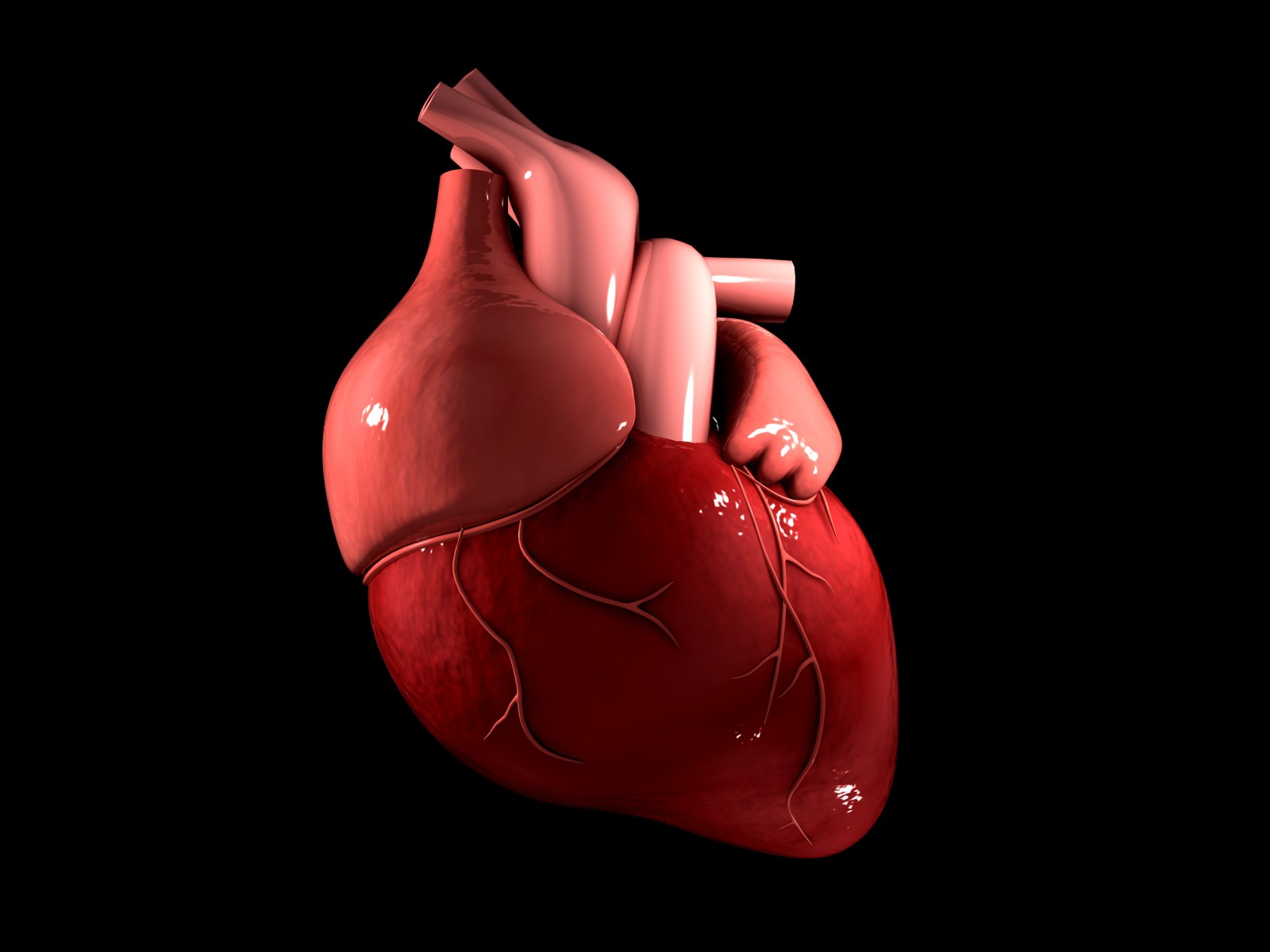CNN: You May no Longer be More Likely to go Into Cardiac Arrest on Monday Morning
CNN recently interviewed Sumeet Chugh, MD, professor of medicine and associate director of the Smidt Heart Institute at Cedars-Sinai, about how the most common time to experience sudden cardiac arrest could be changing.
"The dogma -- in fact, this is everywhere, in all the textbooks about sudden cardiac arrest -- [is that] the most common time period for people to have a sudden cardiac arrest is early in the morning," Chugh told CNN about his recent scientific study published in the peer-reviewed medical journal Heart Rhythm.
But after studying 2,631 cases of sudden cardiac arrest through Chugh’s Oregon Sudden Unexpected Death Study, he and his research team found the most commonly reported time was the afternoon, when 31.6 percent of cases happened. Only 13.9 percent happened in the early morning, 27.6 percent in the morning and 26.9 percent in the evening.
Chugh told CNN there were a few ways to explain this change in peak times.
Among them is increased accuracy in reporting sudden cardiac arrests. Also, there are more options for treatment -- especially for those who could be at risk for sudden cardiac arrest -- and medications or other treatments could be affecting timing. Another factor may be the shift to a more 24/7 culture.
"Our hypothesis is that in the last decade or two decades, we've really changed the way that we behave as human beings. We've changed the way that we work. We are constantly wired," Chugh said. "I would call it an 'always on' existence. A lot of people are working all the time, or they're tied to, or tethered to, a smartphone, almost every instant of the day, sometimes at night."
Although "sudden cardiac arrest" and “heart attack” often are used interchangeably, the terms are not synonymous. Unlike heart attacks (myocardial infarctions), which are typically caused by clogged coronary arteries reducing blood flow to the heart muscle, sudden cardiac arrest is the result of defective electrical activity of the heart. Patients may have little or no warning, and the disorder usually causes instantaneous death. Sudden cardiac arrest accounts for approximately 300,000 deaths each year in the U.S.
Click here to read the CNN interview.




